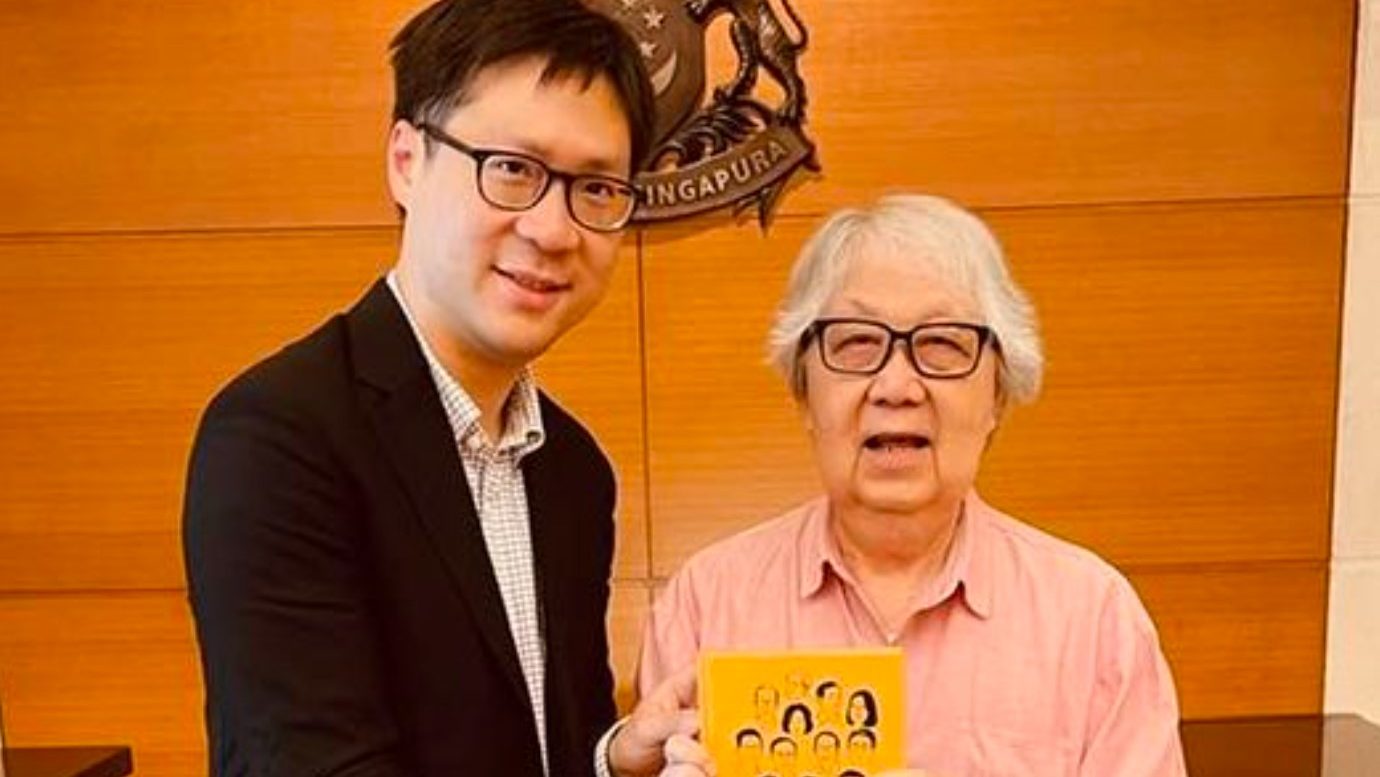SINGAPORE: Singapore’s ambassador-at-large and eminent international law professor, Tommy Koh, has sparked discussion with his recent comments on the Non-Constituency Member of Parliament (NCMP) scheme, stating it has been beneficial for opposition parties in the country.
The 86-year-old diplomat and international law professor made this observation as he spoke about writing the foreword to a book on the scheme, co-written by ex-NCMP Yee Jenn Jong and historian Loke Hoe Yeong.
Speaking about how he met Mr Loke, Prof Koh noted that the NCMP scheme was invented by Mauritius, not Singapore, and that 12 individuals have served as NCMPs so far in Singapore.
The NCMP scheme in Singapore was introduced in 1984 to ensure a minimum representation of opposition voices in Parliament. It allows up to 12 top-performing opposition candidates who did not win seats in general elections to be appointed as NCMPs.
As ten opposition politicians from the Workers’ Party were elected in the 2020 general election, Parliament now has two NCMPs in the House – both from the Progress Singapore Party.
Prof Koh wrote on Friday (12 July): “I thank the two editors for inviting me to contribute the foreword of the book. I observed that the scheme has been helpful to the opposition parties.”
He added that ex-Attorney General Walter Woon “makes the interesting argument” that NCMPs “represent the 40 percent of the electorate who did not vote for the PAP.”
Prof Koh, who describes himself as a “founding servant” of Singapore, continues to engage in public discourse on various aspects of governance and international relations.
His perspective on the NCMP scheme adds to ongoing debates about electoral reform and political representation in Singapore.
One of Singapore’s most prominent diplomats, he has played pivotal roles in international negotiations, including chairing the ASEAN drafting committee and leading Singapore’s diplomatic normalization with China in 1990.
His contributions extend to landmark international agreements such as the UN Convention on the Law of the Sea. /TISG

